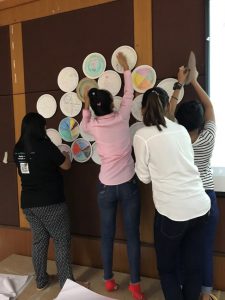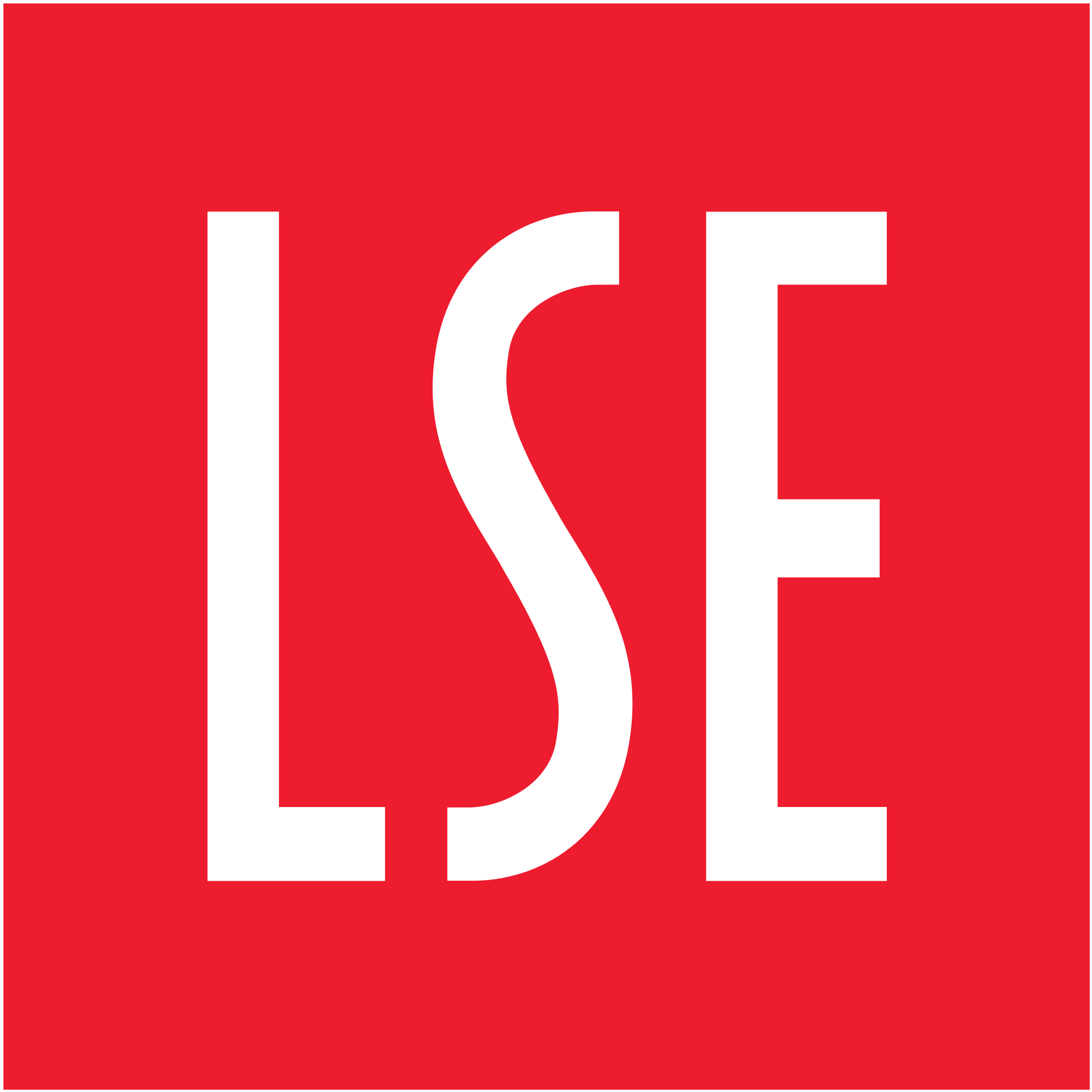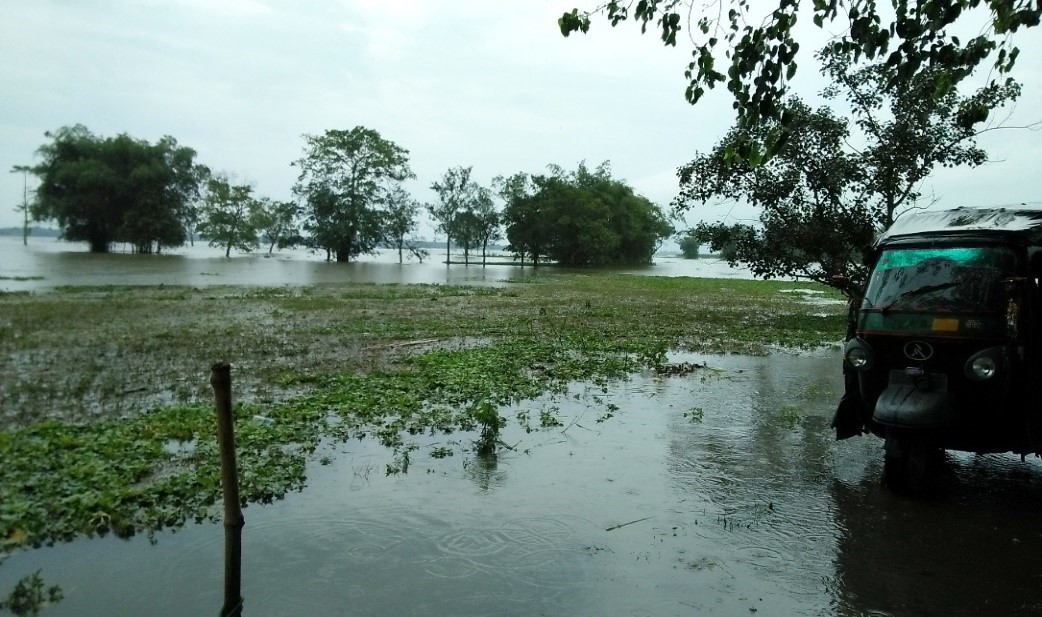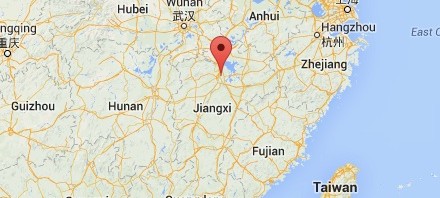Adapting to a new normal means adopting remote research methods. Such a change is not only possible but can in some circumstances be advantageous. To my surprise, I found myself grappling with issues unrelated to the ongoing COVID-19 pandemic throughout the research process. Conflicting thoughts concerning the role of the scholar and that of the NGO worker surfaced and continue to linger largely unresolved well beyond the completion of the study, writes Amanda Munoz Gamage
_______________________________________________
The COVID-19 pandemic has placed significant barriers to all kinds of social events and interactions, including field research. Travel restrictions, quarantine requirements and lockdowns, although essential to mitigating the spread of the virus, have constrained on-site data collection as researchers have scrambled to adopt remote research methods in the face of a fundamentally different world. I recall feeling slightly apprehensive while drafting my application for the SEAC Student Dissertation Fieldwork Grant. The Alpha variant of COVID-19 had just been formally identified as a variant of concern and was spreading rapidly across the world. “How on earth am I supposed to carry out fieldwork in the traditional sense of the word when unable to travel to the field site?” I thought. It turns out my experience of conducting in-depth interviews online went a lot smoother than anticipated.
To preface, the research set out to investigate the ways in which a Human Rights Organization (HRO) uses Feminist Participatory Action Research (FPAR) for the purpose of advancing women’s human rights. The study was based on expert interviews with Non-Governmental Organization (NGO) workers at one HRO. It explores FPAR practitioners’ experiences and perspectives of the method in order to provide a deeper understanding of how theoretical conceptualisations of FPAR are translated into practice. I conducted the interviews on Zoom and found there to be several advantages to online interviews. The main advantage was being able to interview both current and former NGO workers since my participants were all spread out across different continents. After two terms of Zoom lectures and seminars, the idea of conducting in-depth interviews on Zoom did not appear quite so strange anymore and I was fortunate enough to avoid any tech issues throughout the course of the research. Yet another perk with online interviews was Zoom’s audio transcription feature which significantly reduced the time I spent on manually transcribing my interviews. I also decided to have the majority of my interviews professionally transcribed, which the SEAC Student Dissertation Fieldwork Grant enabled me to do. The many hours that I was able to save were crucial to the research process as they allowed me to allocate my time effectively and focus my attention on the actual writing process.
However, despite the various advantages I found with conducting remote research, an important factor influencing the ease of the data collection process was the fact that I had previously completed an internship at the HRO that I was basing my research on. My previous experience of having ‘gone into the field’ not only allowed me to quickly acquire a decent number of interviewees, through my internship I was also able to build rapport with my participants and establish relationships that undoubtedly impacted the quality of the data collected. Thus, although remote research methods can be both a feasible and effective alternative to fieldwork, there is a value to face-to-face interactions of the latter approach that cannot easily be superseded by the former.

Over the course of the research, I faced other types of challenges unrelated to the ongoing global pandemic. At times, I struggled with how best to engage in a critical, in-depth analysis of FPAR as a method. Most would concur that academic research is inherently critical. Indeed, academia’s role in putting forth criticism has been a key factor in the progression of knowledge production (Zou & Hyland, 2020). Yet, as a postgraduate student in human rights, I could not shake the discomfort I felt at dissecting a method that I ultimately support and that is used for the explicit purpose of advancing women’s human rights.
Similar to the fields of science and arts, human rights are often associated with notions of being “sacred” (Férons, 2014). This connotation arguably contributes to the sense of unease that many scholars experience when engaging in a critical examination of human rights and its institutions. I am one of many to offer reflections on this topic (see Dudai, 2009; Kennedy, 2002). Put simply, I found it difficult to reconcile my differing roles, i.e., my role as an intern working together with activists and human rights practitioners and my role as a postgraduate student tasked with conducting a critical study. On a personal note, I wholeheartedly stand by this and many other HROs as important vehicles carrying the ideal of human rights forward. Highlighting the importance of such work was, however, not the principal objective of the study. Whilst I do not engage in criticism of the NGO itself, I empirically examine the use of FPAR as a human rights practice which includes identifying challenges and tensions that arise in its application. Still, I had conflicting thoughts. Who am I, from the comfort of a renowned academic institution, to criticize a method used by human rights practitioners in the global South? Am I doing a disservice to the very field I feel so passionate about by adding more criticism and might such criticism be misguided?
I understand the resentment that many human rights practitioners and activists feel when faced with critique from academia, as this critique might not always reflect reality on the ground. At the same time, the act of critiquing does not necessarily have to include a negative value-judgement. I agree with Calhoun (2001) and Krause (2016) who view critique as a way of asking: how might something be different? Indeed, one of the explicit purposes of my study was to provide a deeper understanding of the ways in which FPAR may be used, so as to improve its application in practice. It is also evident that the researcher is in a position that allows them to engage in critical analysis in a way that the NGO worker may be constricted from doing. The NGO worker has a clear agenda, set goals and is often concerned with issues of funding. Where self-critique does arise, voicing it may prove self-defeating.
This is not to say that scholars cannot be activists or vice versa, it is not necessarily a question of the roles being mutually exclusive. However, in general, the work of the scholar and that of the NGO worker tends to differ significantly. For me, as with many young graduates trying to find their calling, my study has shown me that I am not yet fully comfortable in either role. Although I cannot speak to exactly how to strike a balance when critically engaging with human rights practices and institutions, I would encourage others to lean into the discomfort whenever it does arise.
References
Calhoun, C. (2001). Critical Theory. In: Ritzer, G. & Smart, B. (eds). Handbook of Sociological Theory. London, SAGE, pp.179-2000.
Dudai. R. (2009) “Can You Describe This?” Human Rights Reports and What They Tell Us About the Human Rights Movement. In: Wilson, R.A. & Brown, R.D. (eds) Humanitarianism and Suffering. The Mobilization of Empathy. Cambridge, Cambridge University Press.
Férons, H. (2014). Human rights and faith: a ‘world-wide secular religion’? Ethics & Global Politics, 7(4), pp.181-200. DOI: 10.3402/egp.v7.26262
Kennedy, D. (2002). The International Human Rights Movement: Part of the Problem? Harvard Human Rights Journal, 15, pp.101-125. https://harvardhrj.com/wp-content/uploads/sites/14/2020/06/15HHRJ101-Kennedy.pdf
Krause, M. (2016). Comparative Research: Beyond Linear-Causal Explanation. In: Deville, J., Guggenheim, M. & Hrdličková, Z. (eds). Practicing Comparison: Logics, Relations, Collaborations. Manchester, UK, Mattering Press, pp.47-67.
Zou, J.H. & Hyland, K. (2020). Managing evaluation: Criticism in two academic review genres. English for Specific Purposes, 60, pp. 98-112. DOI: 10.1016/j.esp.2020.03.004
______________________________________________
*Banner photo by author.
*The views expressed in the blog are those of the author alone. They do not reflect the position of the Saw Swee Hock Southeast Asia Centre, nor that of the London School of Economics and Political Science.





